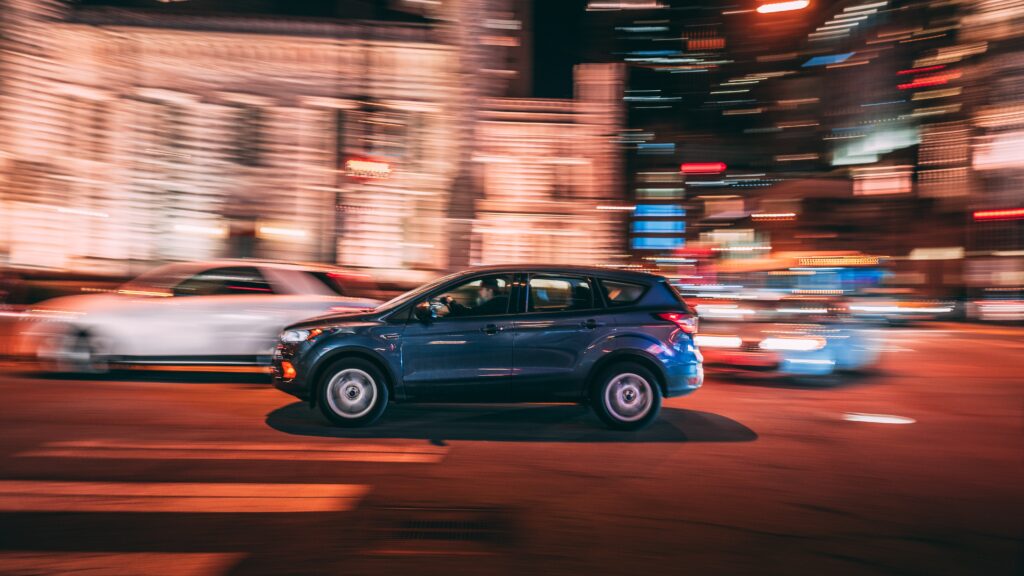Sports utility vehicles emit more greenhouse gases than any other car. A report by the New Weather Institute thinktank and the climate charity Possible, has recommended the banning of SUV advertisements in the UK, as a measure to meet UK climate goals.
Growing demand for SUVs was the second-largest contributor to the increase in global CO2 emissions since 2010, a report by the New Weather Institute and Possible has found.
Sports utility vehicles emit more greenhouse gases than other car. A report by the New Weather Institute thinktank and the climate charity Possible, has recommended the banning of SUV advertisements in the UK, as a measure to meet UK climate goals.
The notable increase in the number of SUVs has been the second-largest contributor to the rise in of global emissions since 2010, the International Energy Analysis found.
By nature, SUVs consume more fuel than other cars. The vehicle’s size, weight and drag means it burns more fuel and has more significant carbon dioxide emissions than the average car. Manufacturers are spending millions on advertising these vehicles and increasing their share of the UK car market, the report concluded.
The UK sold more than 150,000 new cars over 4.8 metres long, too large to fit in the standard parking space. SUVs make up more than 40% of new vehicles sold in the UK. Meanwhile, fully electric vehicles account for less than 2%.
The report, Upselling Smoke, found the global trend of rapidly increasing sales of bigger and more polluting SUVs was jeopardising climate goals. It calls for an advertising ban on cars exceeding 4.8 meters in length, with average emissions of more than 160kgCO2/km – covering a third of the dirtiest cars sold in the UK. The report suggests that the rise in SUV is jeopardising climate goals.
‘We ended tobacco advertising when we understood the threat of smoking to public health. Now that we know the human health and climate damage done by car pollution, it’s time to stop adverts making the problem worse. In a pandemic-prone word, people clean air and more space on town and city streets.’, commented Andrew Simms, co-director of the new Weather Institute.
Government plans for CO2 emissions standards for new cars in the UK post-Brexit have been designed to align closely with those of the EU, which commit manufacturers to deliver a 37.5% reduction in CO2 p/km by 2030.




